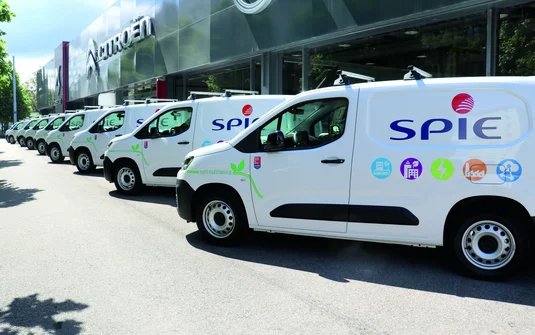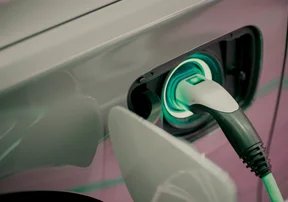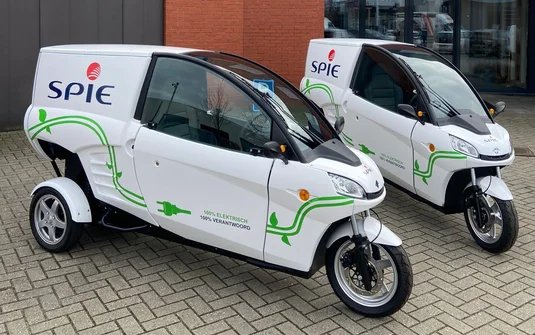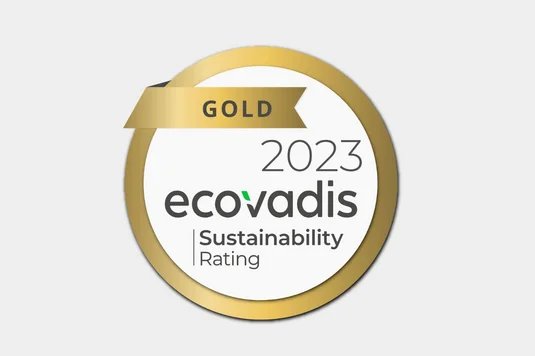Switzerland : Towards an electrifying future
One of the key tools in SPIE’s arsenal aimed at reducing its carbon footprint is the decarbonization of its fleet. At SPIE Switzerland, the car fleet is undergoing a metamorphosis. Under the watchful eye of Julien Pamelard, Fleet and Logistics Manager, and Bernard Lazzarotto, Purchasing Manager, the proportion of electric vehicles in the Swiss fleet will rise to more than 28% by the end of 2023 (more than a quarter of employees will be driving 100% electric vehicles). SPIE Switzerland has taken a giant stride this year by ensuring that more than half of the vehicles being replaced are swapped for electric ones, from BMWs to Citroën ë-Berlingos. This has been made possible by SPIE Switzerland’s investment in essential infrastructure: the company deployed charging stations in the homes of “electrified” volunteers and coupled the initiative with the reimbursement their recharging costs, in addition to having already installed charging stations at all sites across the country. “These figures are testament to our desire to improve our daily lives and to make the transition easier for our drivers,” explains Julien Pamelard, “they are aligned with the way we want to shape our future.”








